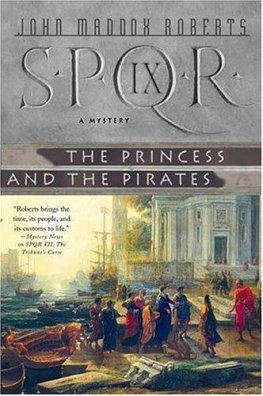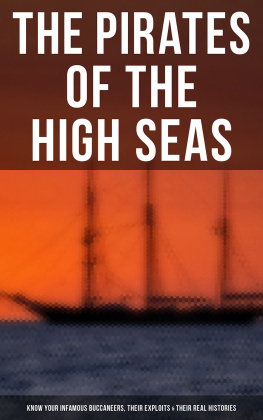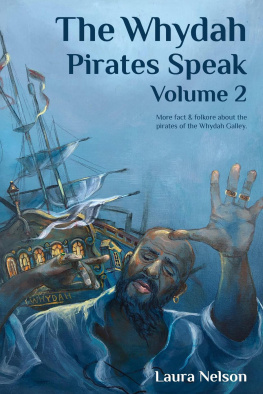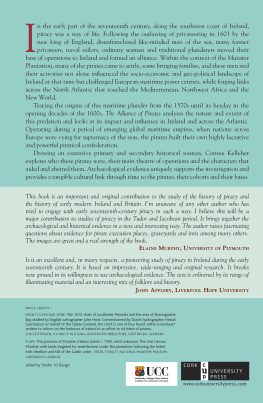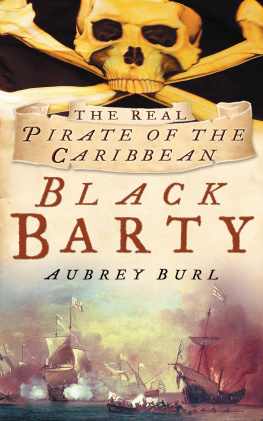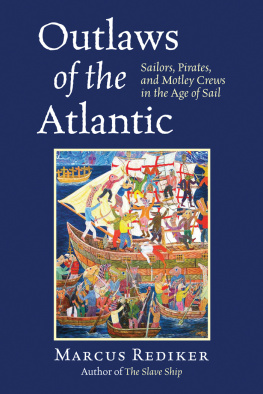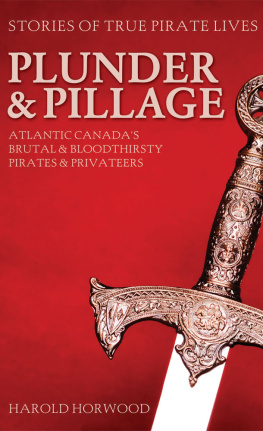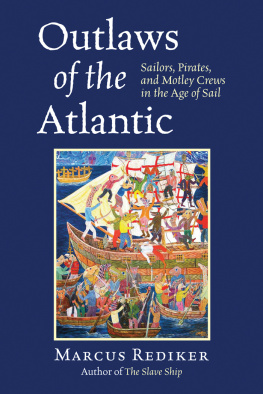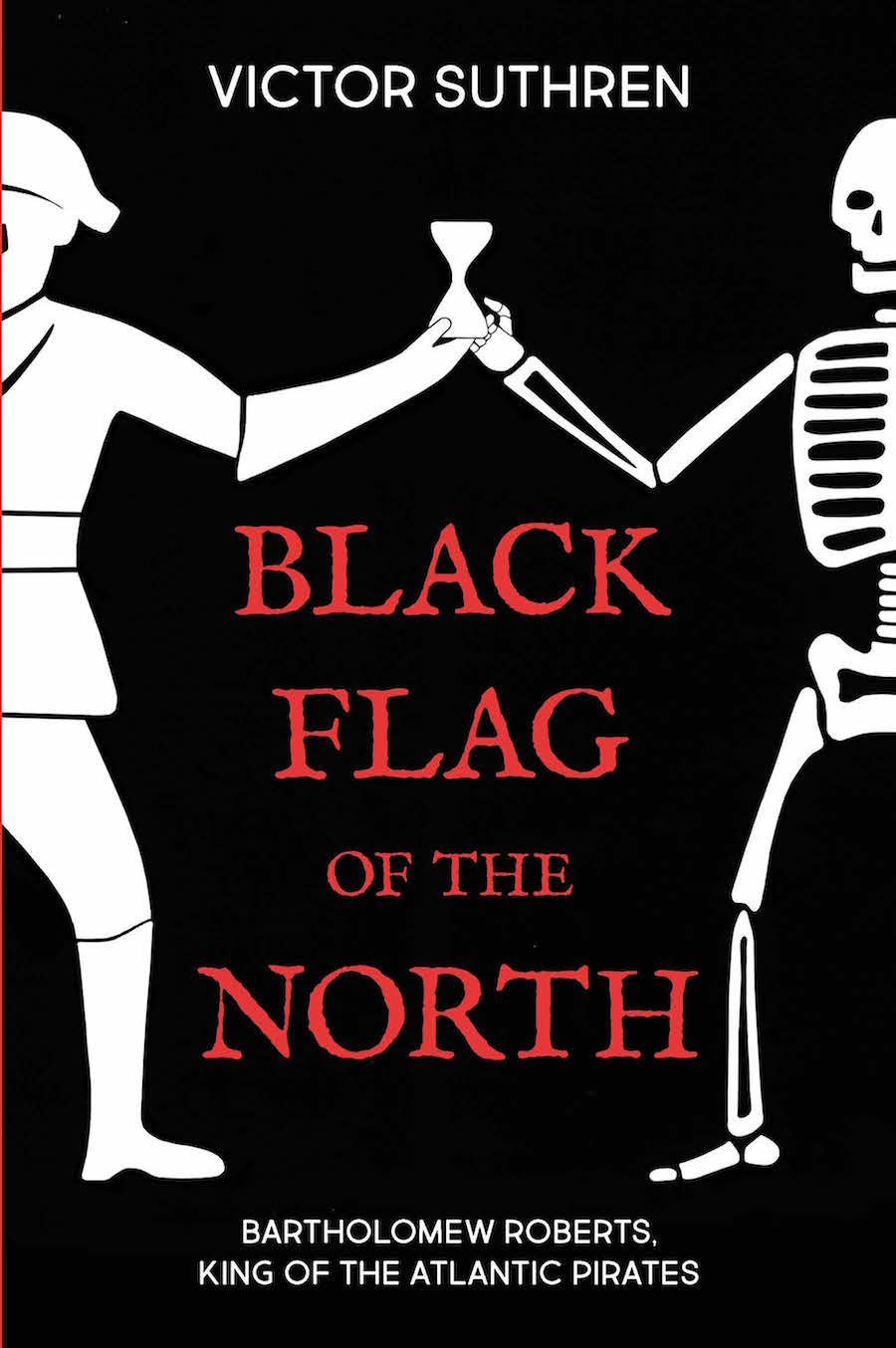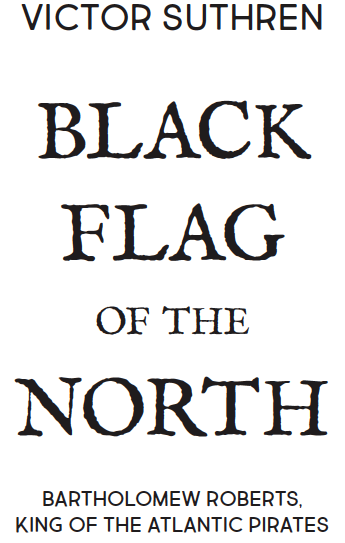1
Drawn to the Sea
I n Pembrokeshire, in the wet and windy southwest corner of Wales, there stood in the last decades of the seventeenth century a small, impoverished village of a few houses with the unexpectedly grand name of Castell Newydd Bach, or Little Newcastle. Home to Welsh-speaking cattle herders of the green hills not far from the growing village of Haverfordwest, and, six miles farther south, the port of Milford Haven on its estuary leading to the Irish Sea, it was the unremarkable birthplace of a baby boy on May 17, 1682.
That small, squalling bundle occasioned little more in its anxious parents than gratitude that both mother and child had survived the rigours of the birth and gloomy awareness that, by the dreadful standards of mortality of the late seventeenth century, the child stood a fifty percent chance of not living past the age of three, and even less of reaching adulthood. The parents need not have worried: their lusty-lunged little son, christened John Robert or Roberts, would not only survive, but grow to strapping six-foot manhood and on faraway seas become the most feared and successful if the word is appropriate open-ocean pirate of the age. And it would be in what later became Canadian waters that he seized the tools that would have him appear out of the north in this role as uncrowned but de facto king of the Atlantic pirates.
In a brief, incandescent career from 1718 to 1722, he would take more than 450 ships and bring West Indian and African trade virtually to a standstill before dying in a hail of Royal Navy gunfire.
Yet there was little in the boys background to suggest not an obscure life in the little houses and rain-soaked hills of Little Newcastle, but an eventual bloody career as a criminal terror of the seas. His father, identified as such in the Pembrokeshire Hearth Tax lists of 1670, was most probably known as George Robert the change in spelling to Roberts , a common Welsh name, would come later. His mothers name is unknown.
The little village was fervently religious in the manner of the rural Welsh, possibly adhering to the Calvinist rigour of the small Baptist community that had established itself in South Wales in the 1640s. That faith had to struggle to survive in the face of various Acts of Parliament intended to enforce the superiority of the Church of England. The villagers clung doggedly to their abstemious faith, the one small chapel of the very meanest fashion a centrepiece of the tiny community. And while English was increasingly the dominant language along the more populous coast to the south, the spare, devout lives of the Little Newcastle people were spent in a grimly surviving Welsh culture.
That is not to say that the Robert family were struggling paupers: there was at least home ownership, which made them akin to the English yeomen class. As historian Richard Sanders has expressed it, it was a status of middle class, but in the context of a backward, rural society that was poor even by the standards of late seventeenth-century Britain.
It was not an auspicious entry for the newest member of the Robert family, but the boys later career as an otherwise-ruthless high-seas pirate would always be marked by a puritanical personal restraint and religiosity that had its roots in the dim, fervent world of rural faith in which he was raised.
The nature of life for the poor Welsh was only marginally different from what it had been in the Middle Ages: subsistence farming and animal husbandry tied to the ebb and flow of the seasons, and now marked by a reticence and suspicion of the non-Welsh who increasingly were settling the Pembrokeshire coast. Historian R.J. Hammond observes:
There was one small part of the Principality whose history branches off in Norman times that part of southern Pembrokeshire known as Little England Beyond Wales. This is where the followers of William the Conqueror had some success and they settled their tiny gains with Flemings, refugees from the flooding of the Low Countries. They were reinforced in the time of Henry the Second who brought Flemish soldiers to settle in Wales and interspersed them with Englishmen in order that they should learn to speak English.
There is an image of the South Welsh that persists from that age: a short, stocky people of swarthy, almost Mediterranean appearance the Silures of the Romans keeping to their valleys and uplands in ever more heightened suspicion of the English after the great Civil War, when the Welsh had remained largely Royalist, sustained by their nonetheless Nonconformist faith and the unfathomable intricacies of their ancient language: a musical, poetic, darkly serious people with a deep historical sense of loss, an enduring resilience in the face of hardship and want, and their suspicions of the tan-haired strangers on the coast. It was a close, emotional tribal culture akin to that of Scots Highland clans or the wild countrymen of Ireland, and to a lad of modest means it was also characterized by an outdoor life of physical harshness that would go a long way to prepare him for the rigours of the sea. George Owen, a member of modest Welsh gentry at the time, is quoted by Richard Sanders:
I have by good account numbered 3,000 young people to be brought up continually in herding of cattle within this shire who are put to this idle education when they are first come to be ten or twelve years of age They are forced to endure the heat of the sun in his greatest extremity, to parch and burn their faces, hands, legs, feet and breasts, in such sort as they seem more like tawny Moors than people of this land, and then the cold, frost, snow, hail, rain and wind. They are so tormented, having the skin of their legs, hands, face and feet all in chinks and chaps.
The influence of religion in the shaping of young Roberts for such we may begin to call him is markedly similar to the preparation of another extraordinary seafarer who would emerge decades later, and go on to greater notice, albeit of a markedly different and admired kind: Pacific navigator James Cook. Cook spent much of his formative youth in the company of Yorkshire Quakers, and it was noted of him during his later remarkable voyages of discovery that he was never known to have succumbed to the allure of rum unlike almost anyone who sailed with him nor did he share in the sexual contact with Pacific island women when his crews did, virtually to a man. Roberts would be marked by the same restraint, even as he led crews of hardened men characterized by almost no restraint at all. For Roberts, as for Cook, there would be no drunken revels or sexual profligacy, and if both men came to this remarkable restraint due to the strong role religion played in their lives, it would give them incalculable strength through social distance in their leadership of their rough-hewn men. That one bound himself by a sense of duty to the legalities of society and the other set himself at war with those legalities does not mask that they approached the tricky business of leading men in harsh pursuits from the same place. One would die respected and honoured, destined for an admirals flag and a knighthood, had he lived; the other died reviled as a criminal, and destined to the shame of the gibbet, had he lived to be captured. But both men had the qualities of which leadership is made, in remarkably similar ways.


